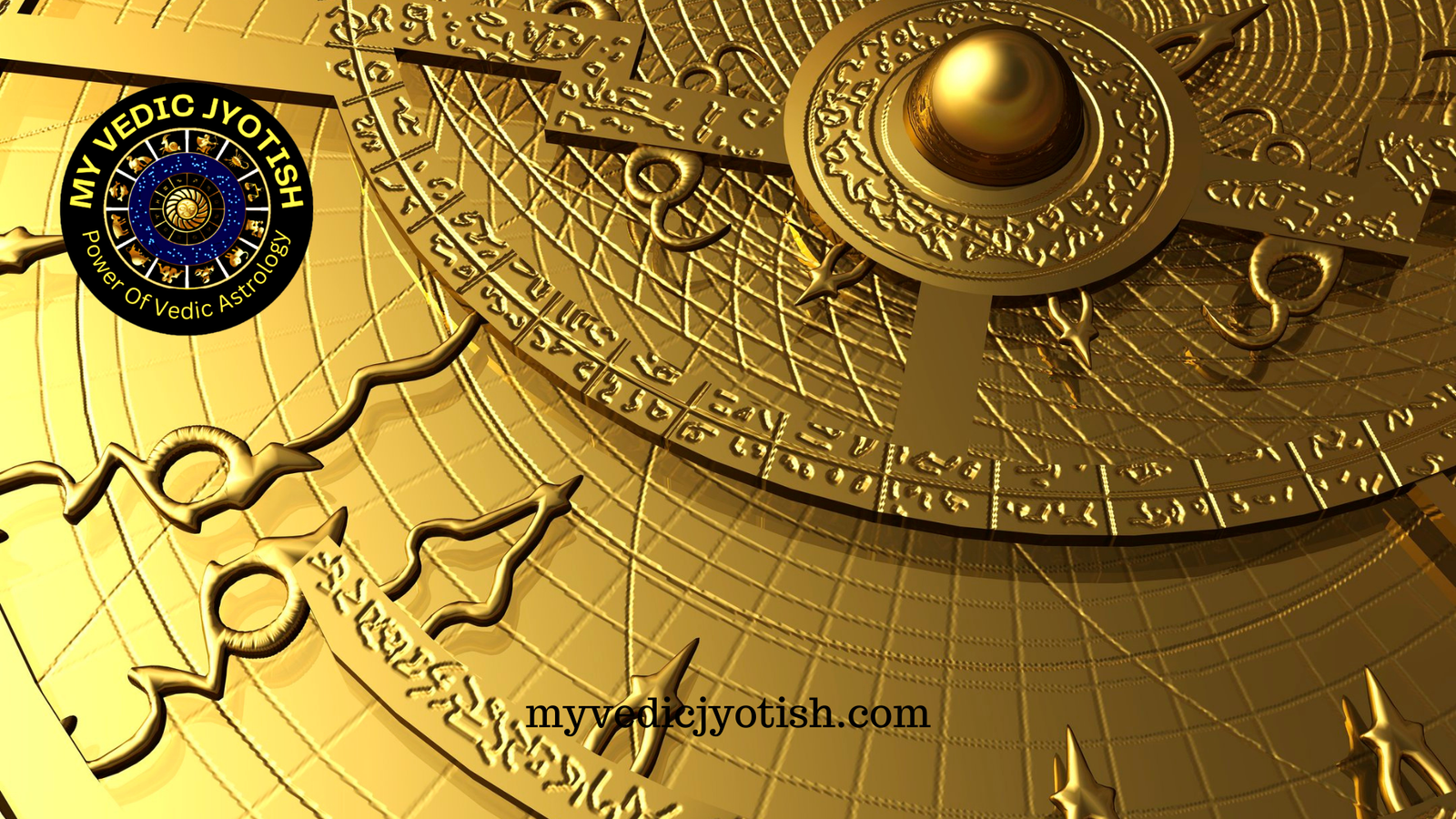Planetary positions play a significant role in astrology as they are believed to influence various aspects of an individual’s life and personality. Here are some key roles and influences associated with planetary positions:
- Sun: The Sun represents the core essence of an individual’s personality, self-expression, vitality, and ego. Its position in the zodiac sign and astrological house provides insights into a person’s sense of identity, leadership qualities, and life purpose.
- Moon: The Moon represents emotions, intuition, instincts, and the subconscious mind. Its placement in the chart indicates emotional needs, nurturing tendencies, and how one responds to their environment. The Moon also influences moods and reflects the emotional landscape of an individual.
- Mercury: Mercury is associated with communication, intellect, learning, and logical thinking. Its position in the chart influences how a person thinks, processes information, and expresses themselves verbally. Mercury also governs areas such as writing, speech, and negotiation skills.
- Venus: Venus is the planet of love, relationships, beauty, and harmony. Its placement in the chart indicates one’s approach to love, personal values, and aesthetic preferences. Venus also influences social interactions, creativity, and the pursuit of pleasure and comfort.
- Mars: Mars represents energy, drive, ambition, and assertiveness. Its position in the chart indicates how an individual takes action, asserts themselves, and handles conflicts or challenges. Mars also influences motivation, passion, and physical vitality.
- Jupiter: Jupiter is the planet of expansion, wisdom, luck, and growth. Its placement in the chart indicates areas of life where one seeks growth, opportunities, and higher knowledge. Jupiter also influences belief systems, optimism, and the ability to find meaning and purpose.
- Saturn: Saturn is associated with discipline, responsibility, structure, and limitations. Its position in the chart reflects areas where an individual faces challenges, seeks stability and builds long-lasting foundations. Saturn also represents life lessons, maturity, and the development of inner strength.
- Uranus, Neptune, and Pluto: These three planets are considered outer planets and have a generational influence. Their positions in the chart indicate collective and societal influences, as well as individual transformation and spiritual evolution.
It’s important to note that the interpretation of planetary positions is complex and requires an understanding of the entire birth chart, including the interplay between different planets, signs, and houses. Professional astrologers use various techniques and considerations to analyze and interpret these positions to provide insights into an individual’s life and potential.
in Vedic astrology, planetary positions hold a significant role and are considered essential for interpreting and analyzing a person’s horoscope. Vedic astrology, also known as Jyotish, is an ancient system of astrology originating from India. Here are some key aspects of how planetary positions are utilized in Vedic astrology:
- Birth Chart Analysis: Vedic astrology uses the birth chart, known as the Janam Kundali, which is based on the exact planetary positions at the time of an individual’s birth. The positions of the planets in the twelve houses and the zodiac signs are analyzed to gain insights into various aspects of a person’s life, such as personality, career, relationships, health, and more.
- Planetary Dignities: Vedic astrology assigns specific planetary dignities and strengths based on the positions of the planets. The strength or weakness of a planet in a particular sign or house influences its significations and impact on a person’s life. This includes considerations such as exaltation, debilitation, own sign, friendly sign, and aspects.
- Planetary Periods (Dashas): Vedic astrology employs a system of planetary periods called Dashas. These are specific time periods assigned to each planet that unfold throughout a person’s life. The major dasha and subsequent sub-periods indicate the planetary influences and their effects during those periods. The specific planetary positions at the time of birth determine the starting point and duration of these dashas.
- Transits: Vedic astrology also considers the current positions of the planets in relation to the birth chart to assess the ongoing influences and potential events in a person’s life. Transits of planets, such as Saturn, Jupiter, and others, are closely observed as they move through the zodiac signs and interact with the natal planets, houses, and significations.
- Remedial Measures: In Vedic astrology, specific planetary positions and combinations are associated with certain challenges or doshas (flaws). Remedial measures, such as gemstone recommendations, mantra recitation, ritualistic practices, or charitable acts, are prescribed based on the analysis of planetary positions to mitigate negative influences and enhance positive energies.
Vedic astrology is a comprehensive system that incorporates a wide range of factors, including planetary positions, to provide insights, predictions, and guidance. It is a complex and precise methodology that requires expertise and experience to interpret accurately. Consulting with a knowledgeable Vedic astrologer can help in obtaining a deeper understanding of the impact of planetary positions on an individual’s life.



